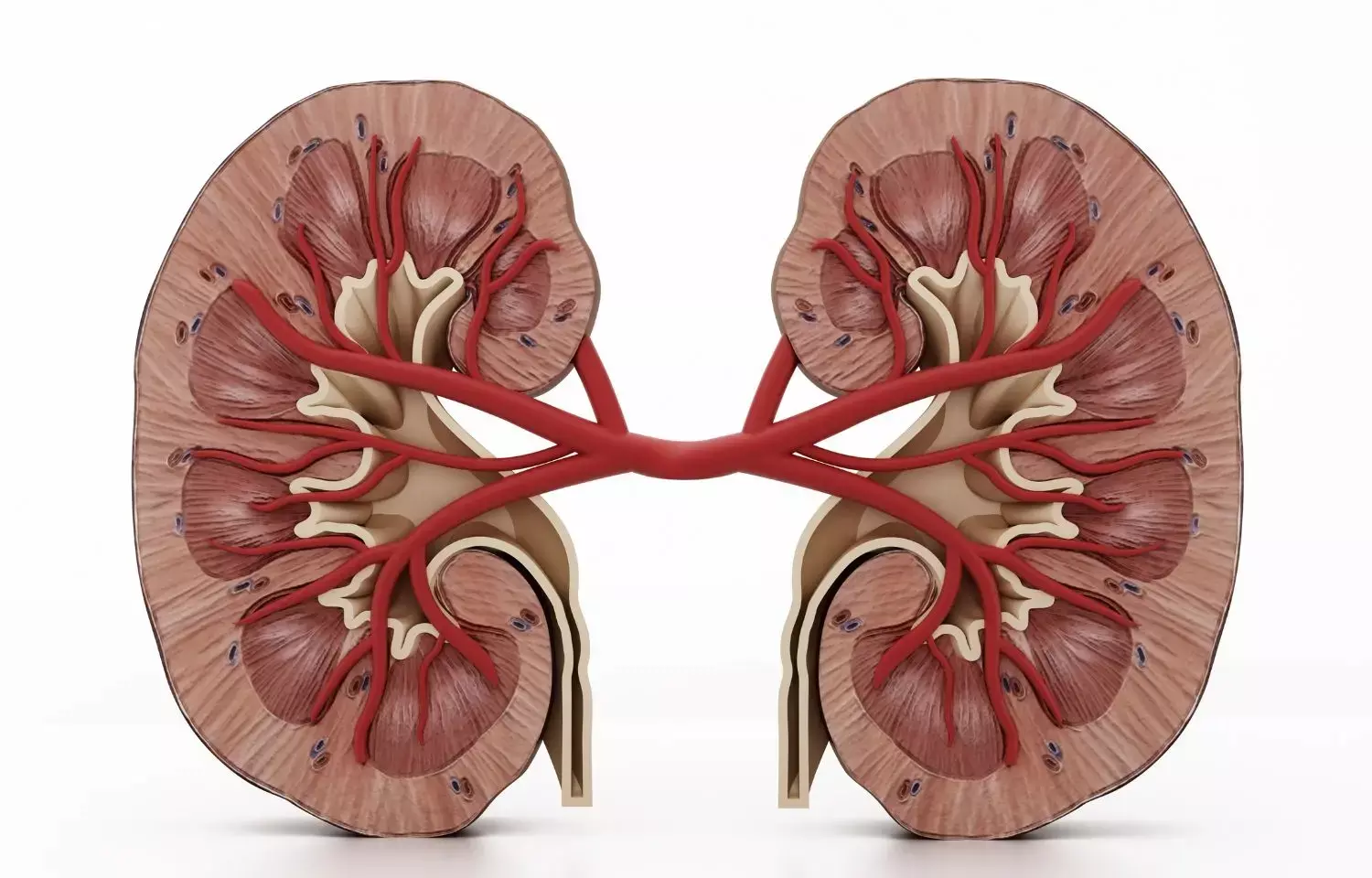- Home
- Medical news & Guidelines
- Anesthesiology
- Cardiology and CTVS
- Critical Care
- Dentistry
- Dermatology
- Diabetes and Endocrinology
- ENT
- Gastroenterology
- Medicine
- Nephrology
- Neurology
- Obstretics-Gynaecology
- Oncology
- Ophthalmology
- Orthopaedics
- Pediatrics-Neonatology
- Psychiatry
- Pulmonology
- Radiology
- Surgery
- Urology
- Laboratory Medicine
- Diet
- Nursing
- Paramedical
- Physiotherapy
- Health news
- Fact Check
- Bone Health Fact Check
- Brain Health Fact Check
- Cancer Related Fact Check
- Child Care Fact Check
- Dental and oral health fact check
- Diabetes and metabolic health fact check
- Diet and Nutrition Fact Check
- Eye and ENT Care Fact Check
- Fitness fact check
- Gut health fact check
- Heart health fact check
- Kidney health fact check
- Medical education fact check
- Men's health fact check
- Respiratory fact check
- Skin and hair care fact check
- Vaccine and Immunization fact check
- Women's health fact check
- AYUSH
- State News
- Andaman and Nicobar Islands
- Andhra Pradesh
- Arunachal Pradesh
- Assam
- Bihar
- Chandigarh
- Chattisgarh
- Dadra and Nagar Haveli
- Daman and Diu
- Delhi
- Goa
- Gujarat
- Haryana
- Himachal Pradesh
- Jammu & Kashmir
- Jharkhand
- Karnataka
- Kerala
- Ladakh
- Lakshadweep
- Madhya Pradesh
- Maharashtra
- Manipur
- Meghalaya
- Mizoram
- Nagaland
- Odisha
- Puducherry
- Punjab
- Rajasthan
- Sikkim
- Tamil Nadu
- Telangana
- Tripura
- Uttar Pradesh
- Uttrakhand
- West Bengal
- Medical Education
- Industry
Rosuvastatin linked with signs of kidney damage in real world data

Statins can effectively lower high cholesterol, and many individuals take rosuvastatin, one member of this drug class. New research based on patient health records and published in JASN suggests that rosuvastatin, especially at higher doses, may have damaging effects on the kidneys.
Reports had linked rosuvastatin with signs of kidney damage-hematuria (blood in the urine) and proteinuria (protein in the urine)-at the time of its approval by the US Food and Drug Administration, but little post-marketing surveillance exists to assess real-world risk. To investigate, Jung-Im Shin, MD, PhD (Johns Hopkins Bloomberg School of Public Health) and her colleagues analyzed electronic health record data for 152,101 new users of rosuvastatin and 795,799 new users of another statin called atorvastatin from 2011–2019.
Over a median follow-up of 3.1 years, the team identified hematuria in 2.9% of patients and proteinuria in 1.0% of patients. Compared with atorvastatin, rosuvastatin was associated with an 8% higher risk of hematuria, a 17% higher risk of proteinuria, and a 15% higher risk of developing kidney failure requiring replacement therapy such as dialysis or transplantation.
Risks of hematuria and proteinuria were higher with a higher dose of rosuvastatin. Also, among patients with advanced kidney disease, 44% were prescribed a higher dose of rosuvastatin than the US Food and Drug Administration recommends for individuals with poor kidney function.
"We observed a higher risk of hematuria, proteinuria, as well as kidney failure with rosuvastatin use and similar cardiovascular benefits between the rosuvastatin and atorvastatin groups," said Dr. Shin. "Because rosuvastatin may cause proteinuria and hematuria, especially with high dose, high dose rosuvastatin may not merit the risk-even if small-particularly for patients with advanced kidney disease."
Reference:
Jung-Im Shin, Derek M. Fine, Yingying Sang, Aditya Surapaneni, Stephan C. Dunning, Lesley A. Inker, Thomas D. Nolin, Alex R. Chang and Morgan E. Grams JASN July 2022, ASN.2022020135; DOI: https://doi.org/10.1681/ASN.2022020135
Dr Kamal Kant Kohli-MBBS, DTCD- a chest specialist with more than 30 years of practice and a flair for writing clinical articles, Dr Kamal Kant Kohli joined Medical Dialogues as a Chief Editor of Medical News. Besides writing articles, as an editor, he proofreads and verifies all the medical content published on Medical Dialogues including those coming from journals, studies,medical conferences,guidelines etc. Email: drkohli@medicaldialogues.in. Contact no. 011-43720751


